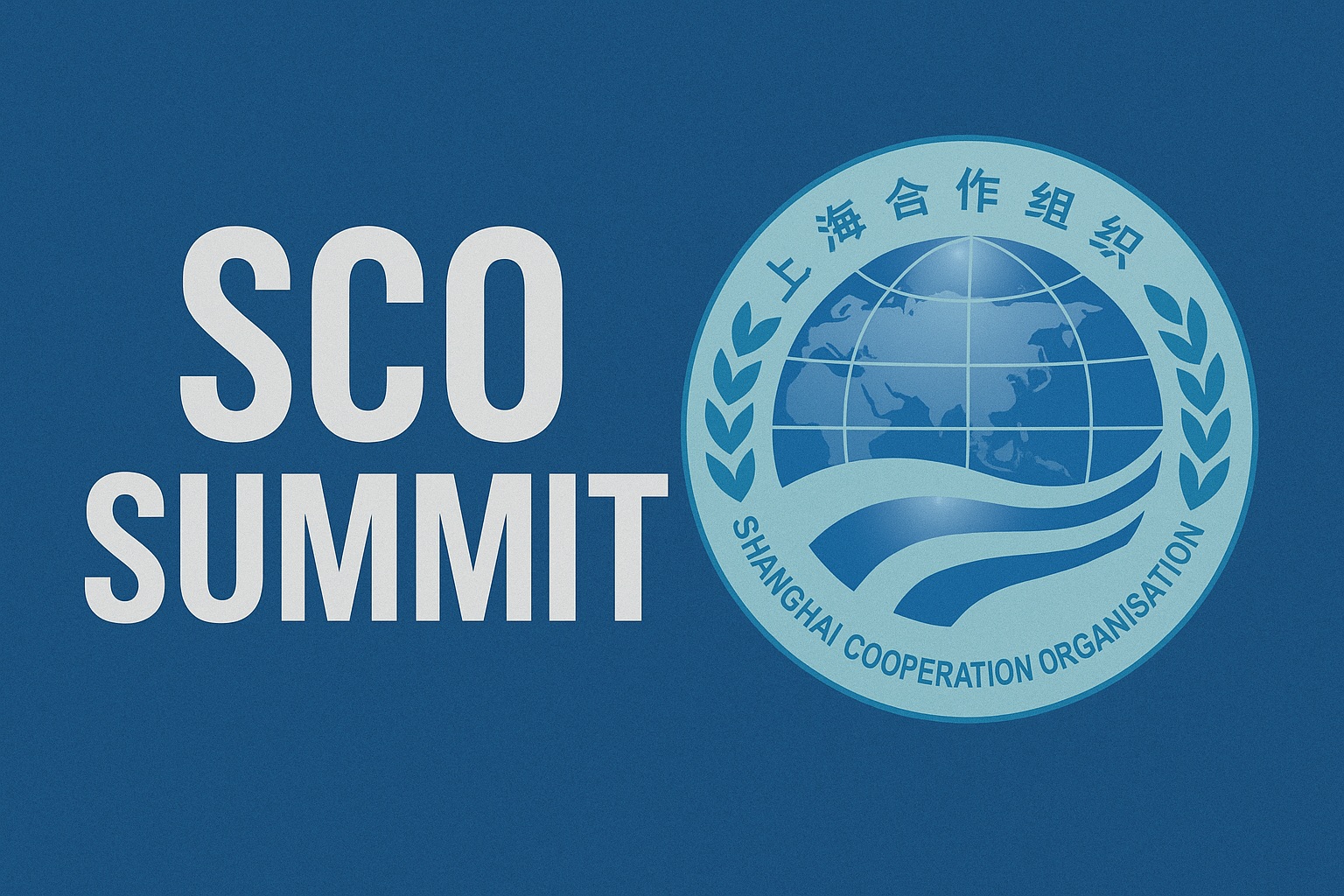The recent Shanghai Cooperation Organisation (SCO) Summit, held in Tianjin, China, marked a pivotal moment for the Eurasian bloc, highlighting its growing influence and its commitment to forging a new, multipolar world order. The 25th meeting of the Council of Heads of State brought together leaders from 10 member nations, along with a significant number of observer and partner states, to address pressing issues of security, economic cooperation, and global governance.
Key Participants and Context
The summit was attended by a high-profile list of leaders, including:
- China: President Xi Jinping (Host)
- Russia: President Vladimir Putin
- India: Prime Minister Narendra Modi
- Pakistan: Prime Minister Shehbaz Sharif
- Iran: President Masoud Pezeshkian
- Belarus: President Alexander Lukashenko
- Central Asian Republics: The presidents of Kazakhstan, Kyrgyzstan, Tajikistan, and Uzbekistan.
The event was particularly significant for India’s Prime Minister Modi, as it marked his first visit to China in over seven years. The summit unfolded against the backdrop of rising global tensions, including a new wave of protectionist policies and trade tariffs, which appeared to push member nations closer together. The presence of a large number of leaders from non-member countries underscored the SCO’s expanding reach and its role as a platform for the “Global South.”
Major Outcomes and Agreements
The summit concluded with the adoption of several key documents and declarations that will shape the SCO’s future trajectory. The central political outcome was the Tianjin Declaration, which condemned terrorism in all its forms and manifestations. A notable achievement for India was the explicit condemnation of the April 2025 Pahalgam terror attack in the declaration, a point that had been a sticking point in a previous defense ministers’ meeting.
Beyond the declaration, key outcomes included:
- Development Strategy and Institutional Reforms: The SCO approved a long-term development strategy for 2026-2035 and a cooperation program for 2026-2030 to counter extremist ideologies. A major structural reform was the merger of “observer states” and “dialogue partners” into a single category of “SCO partners” to streamline cooperation. Laos was granted new partner status, expanding the SCO to a 27-nation family.
- Economic Cooperation: A significant decision was the approval to establish an SCO Development Bank, a move long championed by China, to boost infrastructure development and reduce reliance on Western financial institutions. China pledged substantial financial aid and loans to support member states. A roadmap for energy cooperation until 2030 was also approved, focusing on strengthening energy supply chains and promoting a stable global energy market.
- Security and Counter-Terrorism: In addition to the Tianjin Declaration, the SCO inaugurated four new centers dedicated to countering security threats, organized crime, information security, and drug trafficking. This reinforces the bloc’s core mission of regional security.
- Technological and Social Cooperation: The summit emphasized collaboration in emerging fields such as artificial intelligence, the digital economy, and green industry. India’s Prime Minister Modi highlighted his country’s vision of “Security, Connectivity, and Opportunity,” and proposed the establishment of a “Civilizational Dialogue Forum” to foster people-to-people ties.
Bilateral Meetings and Geopolitical Implications
On the sidelines of the summit, several crucial bilateral meetings took place. The interaction between Prime Minister Modi and Chinese President Xi Jinping was particularly noteworthy, with both leaders agreeing that their differences should not become disputes. They reaffirmed their commitment to expand bilateral trade and investment.
The summit also served as a stage for the deepening of the Russia-India-China (RIC) trilateral relationship. The visible camaraderie between Prime Minister Modi and President Putin, including a shared car ride, sent a strong signal of their “special and privileged strategic partnership.” This dynamic, often dubbed a “Reverse Nixon,” demonstrated a growing strategic convergence among the three powers in response to perceived Western pressures, particularly U.S. trade tariffs.
The recent SCO summit solidifies the organization’s role as a major force in the evolving multipolar world. By focusing on institutional reforms, economic integration, and security cooperation, the SCO is positioning itself as a credible alternative to traditional Western-led global institutions. While internal differences and geopolitical complexities remain, the outcomes of the Tianjin summit underscore a collective desire among its members to shape a more equitable and multipolar global order.

